The Physics of Quantum Mechanics in Quantum Logic Gates
Introduction
Quantum mechanics is a fundamental theory in physics that provides a description of the physical properties of nature at the scale of atoms and subatomic particles. It is the foundation of all quantum physics including quantum chemistry, quantum field theory, quantum technology, and quantum information science. This article focuses on the application of quantum mechanics in the design and operation of quantum logic gates, the building blocks of quantum computing.
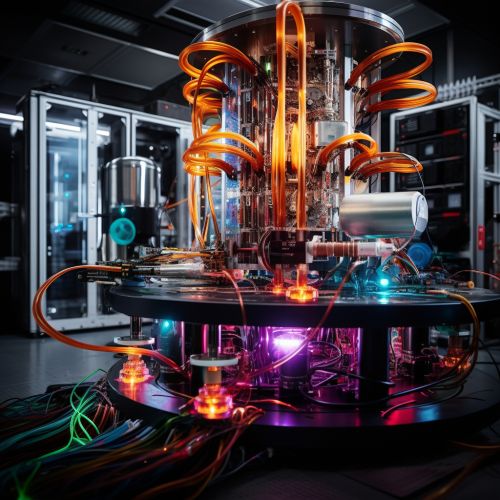

Quantum Mechanics
Quantum mechanics is a branch of physics dealing with physical phenomena at microscopic scales, where the action is on the order of the Planck constant. It departs from classical mechanics primarily at the quantum realm of atomic and subatomic length scales. Quantum mechanics provides a mathematical description of much of the dual particle-like and wave-like behavior and interactions of energy and matter.
Quantum Logic Gates
In quantum computing, a quantum logic gate (or simply quantum gate) is a basic quantum circuit operating on a small number of qubits. They are the building blocks of quantum circuits, like classical logic gates are for conventional digital circuits.
Unlike many classical logic gates, quantum logic gates are reversible. However, it is possible to perform classical computing using only reversible gates. For example, the reversible Toffoli gate can implement all Boolean functions, often at the cost of having to use more gates.

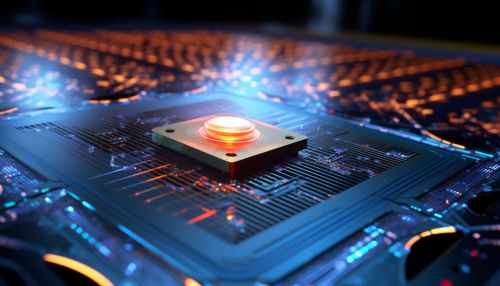
Quantum Superposition and Entanglement
Quantum superposition and entanglement are two fundamental aspects of quantum mechanics that distinguish it from classical physics and enable the unique capabilities of quantum computing.
Quantum superposition is a fundamental principle of quantum mechanics that holds that a physical system—such as an electron—exists partly in all its particular theoretically possible states (or, configuration of its properties) simultaneously; but when measured or observed, it gives a result corresponding to only one of the possible configurations.
Quantum entanglement is a physical phenomenon that occurs when pairs or groups of particles are generated, interact, or share spatial proximity in ways such that the quantum state of each particle cannot be described independently of the state of the other(s), even when the particles are separated by a large distance.
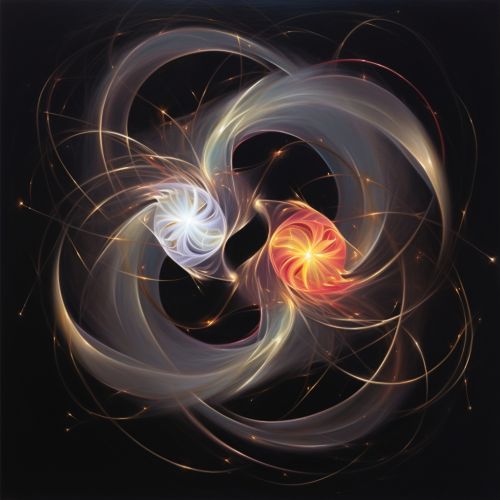
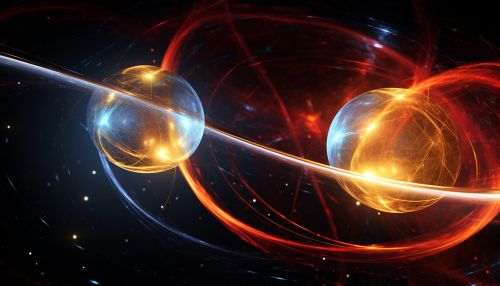
Quantum Logic Gate Operations
Quantum logic gates operate on qubits in the fundamental ways of quantum mechanics, namely, superposition and entanglement. They manipulate the states of qubits to perform quantum computations. The most common quantum gates include the Pauli-X, Pauli-Y, Pauli-Z, Hadamard, Phase, π/8, CNOT, and Toffoli gates.
Quantum Logic Gate Applications
Quantum logic gates are used in the design of quantum algorithms, such as the quantum Fourier transform, and in the construction of quantum computers. Quantum computers have the potential to solve certain types of problems much more quickly than traditional computers. For example, a quantum computer could solve the integer factorization problem (which underlies RSA encryption) in a time that grows only polynomially with the number of digits in the integer being factored, whereas the best known algorithms on a classical computer take a time that grows exponentially with the number of digits.
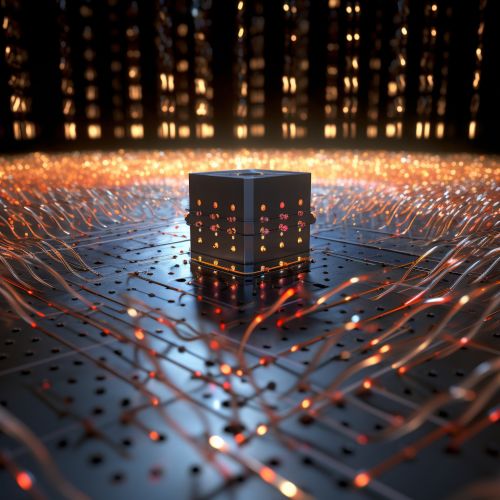

Challenges and Future Directions
Despite the promise of quantum computing, there are still many challenges to be overcome. The physical implementation of quantum gates is subject to errors, known as quantum noise, which can lead to a loss of coherence or quantum entanglement. In addition, quantum systems are extremely sensitive to environmental interference, which can also cause errors. These challenges are the focus of ongoing research in quantum computing and quantum information science.
